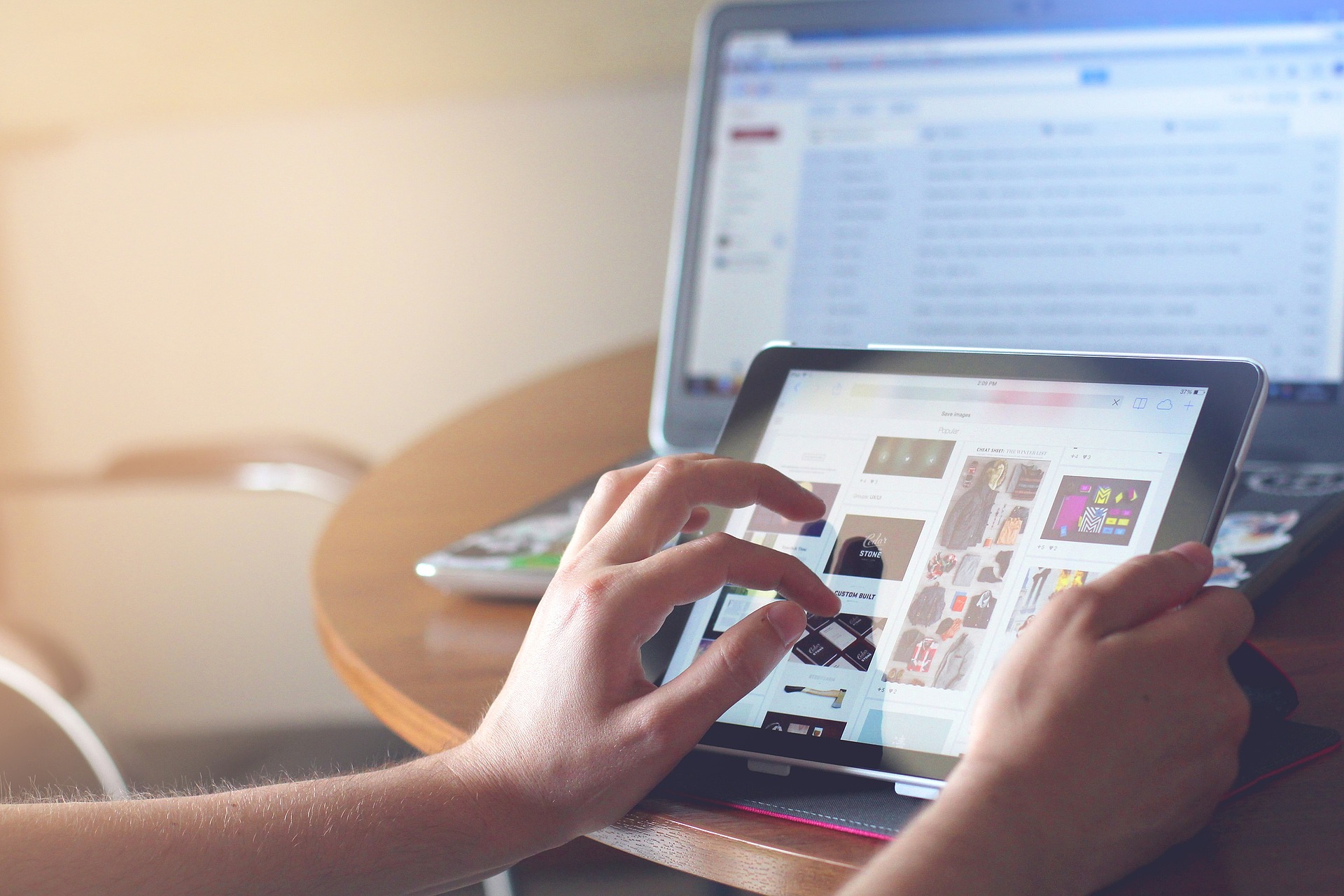In today’s social media dominated world, platforms like Twitter are not only there to allow users to express themselves in 280 characters. On a scale achievable only by a multi-billion company, people can now turn to tweeting as a way of connecting over-shared preferences for their favourite media, with television emerging as the winner. Here is where we see the emergence of a golden rule: fans of the same TV programs prefer opinions which support their own (4). This phenomenon, known as opinion homophily or echo chambers, deserves attention as the number of fandoms increases in this triumphant TV era of content streaming platforms like Netflix. But why exactly do TV fandoms on Twitter have a tendency to form homophilic echo chambers?
Read moreDownloading Health from the App Store
Between having ramen as dinner for the third day in a row and spending all-nighters unblinkingly focused on the glowing screen of a laptop, many students tend to overlook the importance of maintaining physical and mental health in their everyday lives. An increasingly popular solution to this issue is the use of mobile apps designed to help them form healthy habits, whether with a friend suggesting a useful healthy recipe app or a Top Universities article inviting you to check out the “Best Health & Safety Apps for Students” (1). In the light of this development, for better or worse concerning personal and public health efforts, could the future bring about a new spin on an old saying with “An app a day keeps the doctor away”?
Read moreTurning a New Page: The Destiny of Literature in the Digital Era
For many people, the start of a new year symbolizes an opportunity for new commitments, especially regarding self-improvement of not only the body, but also the mind. According to a recent Elliptical Reviews survey (3), the goal to read more books is among the top ten New Year’s resolutions, whether “more” means “more” compared to past reading habits or marking a newfound desire for intellectual growth. However, reflecting on the potential obstacles for reaching this goal, the time that could be spent reading often goes to other recreational activities: watching movies or TV, browsing the Internet or playing video games. While literature is not inherently superior to these types of entertainment in the sense of gaining new experiences and knowledge, it may seem like the newer media are replacing books in the stores, technologies and minds for many of the post-Internet generation. This begs the question: could the fate of digital era books truly be summarized as “out with the old, in with new”?
Read morePersonalising the World: The Implications of Curated Media
Song recommendations, video suggestions, related articles – these are just some of the curated features we have come to rely on when using platforms like Spotify, YouTube and online news sites. All of these strategies for making us consume more and more media material draw upon the much-debated concept of personalisation: tailoring content to suit personal preferences. It might sound luxurious, but there are darker consequences to individuals and their communities indulging in the custom-made appeal inherent to many aspects of today’s world.
Read moreNostalgia on Television: Looking Back to Go Forward
As days grow shorter, leaves change colour and putting on a scarf becomes a requirement before facing the chilly autumn winds, you might find yourself reminiscing about the summer. Longing to return to the bright moments of your sunlit memories, perhaps you listen to the summer’s greatest hits on Spotify or watch summery feel-good movies like Mamma Mia! and Forgetting Sarah Marshall. These feelings and actions are fuelled by a sentiment known as nostalgia, and its connection to the media we consume is more present in our everyday lives than we are often aware of.
Read more



